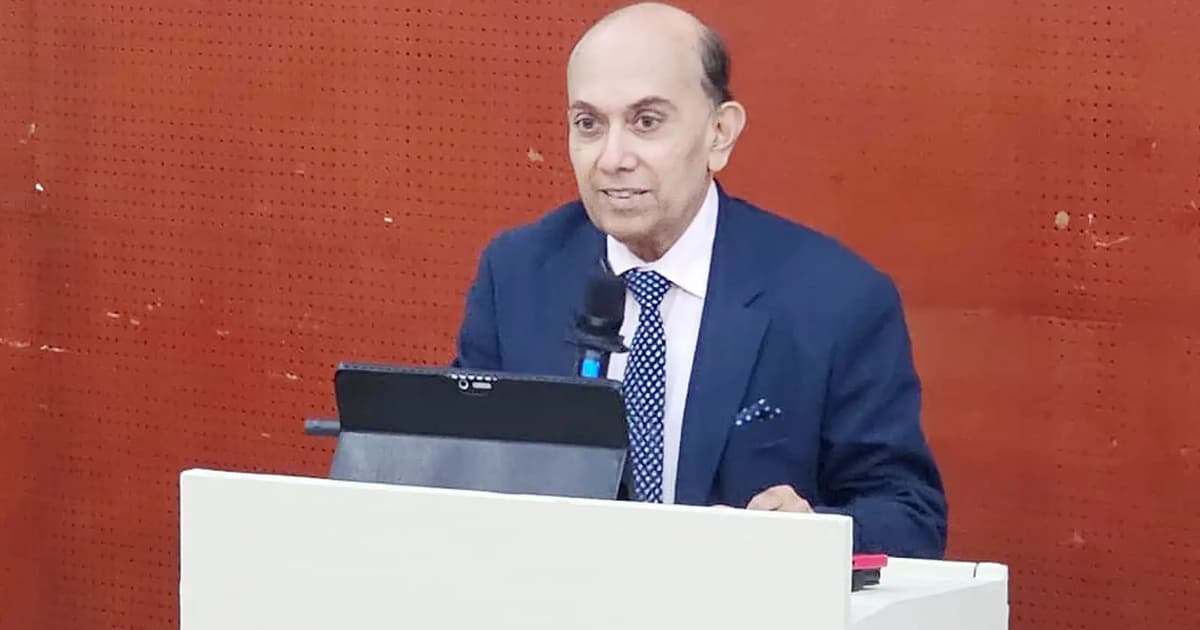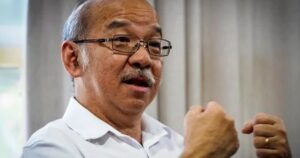
Reliance on government funding means the judiciary will always be open to executive influence, according to a visiting academic.
Venkat Iyer of Ulster University said in a public lecture here that it would be unrealistic to expect the judiciary and judicial appointments to be completely free of executive influence, including that of the prime minister.
“The country may have a good judiciary on paper, but if it’s not properly resourced, what use is it?” he said. “That’s another way of killing a judiciary: saying we have incorruptible judges and don’t interfere with our judges, but starving the judiciary of resources.”
Iyer defended the role of a prime minister in the selection process for judicial appointments, saying that the prime minister, as an elected official with a mandate to reform the judicial system, has a legitimate say in appointments.
“If a party makes commitments in its election manifesto about the judiciary, then I think it has the right and a duty to contribute to the selection process and ensure the smooth delivery of its commitments,” he said.
Iyer, who specialises in constitutional and media law, was delivering a public lecture on judicial appointments and lessons from other democracies.
He said the competence and integrity of judges was as important as judicial independence.
“If you do not have competent and sensible judges, then the formal independence of the judiciary is no good, either. What use is a judiciary that may be formally independent but does not deliver the goods?” said Iyer, who is also a barrister.
Iyer argued that while judicial independence is important, competence and integrity is just as important.
He gave the examples of the business community’s confidence in Hong Kong’s judiciary before its handover by the British to Chinese rule, and that of India, which he said has a fairly independent judiciary but remains plagued by issues such as corruption.
“The level of public confidence in a judiciary is very, very important. And that comes first of all with time, but also with demonstrable proof of fitness, not to mention resources,” he said.
Iyer’s lecture, organised by the Projek Sama legal and political reform group, comes two months after judicial appointments were the subject of public scrutiny when vacancies arose in June with the retirement of the chief justice and president of the Court of Appeal, and in the superior courts.
A document allegedly containing excerpts from a Judicial Appointments Commission (JAC) went viral, claiming that there had been concerns raised about the integrity of a candidate for an administrative post in the judiciary.
Questions were raised about the prime minister’s influence on judicial appointments, although the JAC was set up to act as a check on the prime minister’s constitutional powers to advise the king on judicial appointments.






